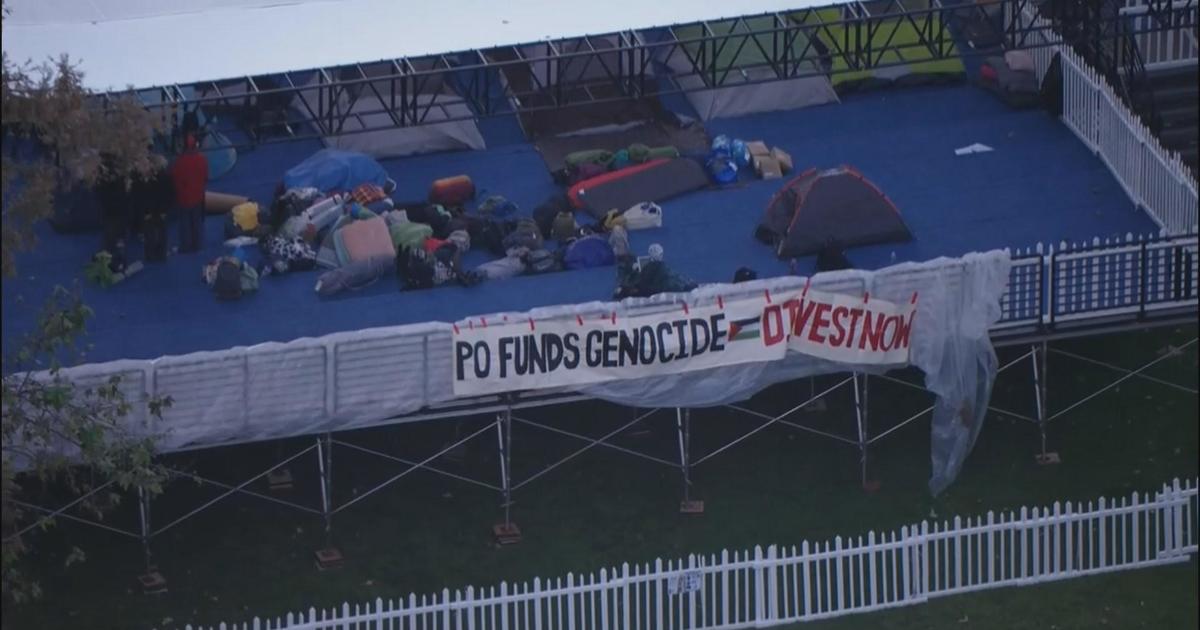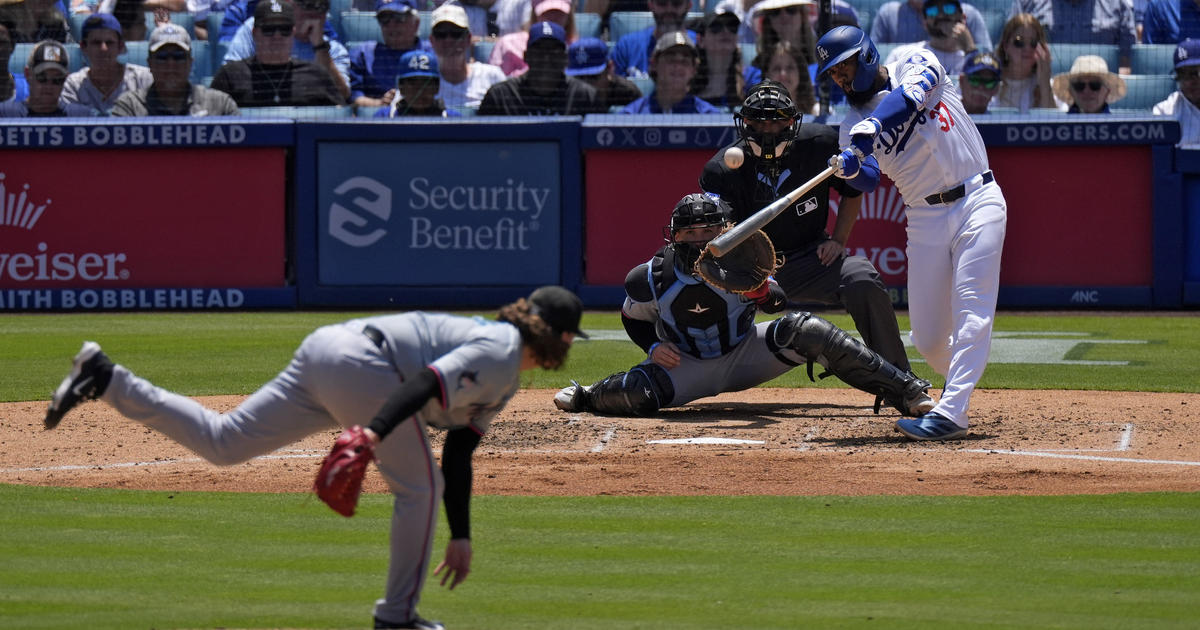Women of STEAM: Lauren Sergio
"I've always wanted to know how things work," says Lauren Sergio, a Professor at York University in Toronto. "... I had a little box of doo-dads when I was a kid — wires, boxes, pieces of electronics. I took apart my Walkman and tried to put it back together. I wasn't really that successful, so I ended up breaking a lot of my stuff…It was like how the Renaissance dealt with neuroanatomy, they'd open the brain up and look in there."
Today Sergio runs the Motor Control Lab in York's School of Kinesiology and Health Sciences where she and the graduate students she supervises examine how the brain controls movement. Her line of inquiry has her working with professional hockey players and dementia patients in a quest to understand the effects of aging, head injury and experience in motor control. The work in her lab is providing insights into brain injuries for coaches and parents of young athletes; it suggests treatments for dementia patients.
She has traveled across the country and around the globe presenting her research attending conferences and sitting on panels in France, Italy and Mexico. At the request of NASA, the Connecticut native recently spent two days in Arlington, Virginia reviewing research proposals for a mission to Mars.
"I've always liked bugs and frogs and stuff, but up until high school, grade nine when I was 14, all I wanted to do was be a gym teacher and play sports … then I took my first biology class." Sergio says she remembers one evening the summer after taking freshman biology sitting at the dinner table with her family going on and on about mitochondria and other things she learned in that class. "It occurred to me, I must like this because I remembered the whole course and wanted to tell people about this exciting thing called biology."
In her third year of high school, Sergio took an advanced microbiology and physiology course. Her teacher selected her and another student to attend the Young Scientists of America Day at Yale. She spent the day with other high school juniors learning little science "factoids" and listening to Yale professors lecture. "I thought, 'wow, this is awesome.'" That was when she decided to go into physiology.
Sergio selected McGill University for undergraduate study primarily because it is one of the few colleges in North America with a stand-alone physiology department. After completing her undergrad work, she scuttled plans to return to New England and pursue graduate study in exercise physiology when the director of the McGill Motor Neuroscience Lab suggested she apply there. "I've been doing neurosciences movement control ever since."
She did not leave behind her love for sports. "Once I got my own lab going, I tried to bring it back to athletics, like (motor) control in elite athletes … that's how I ended up where I am now, looking at elite performers, how their brains work differently than the rest of us. That's how I got into the concussion work, and I found it also applies to the early dementia work."
Her day-to-day work sees her overseeing graduate students, teaching during the school year and writing grants to fund the research. "The brain scanner is $400 an hour to run. So, if I want to do a study with 12 people, which is what you need, or 20 people, I need $8,000."
What does she enjoy most about her work?
"It's research, so its stuff that hasn't been done before ... you're constantly getting to do something new and trying to solve problems. Once you figure it out, oh, that's exciting." She enjoys training her students and seeing them get excited about their findings. The travel gives her the opportunity to interact with other scientists. "Better still, I like to interact with non-scientists, people outside the field. That's really neat."
Her advice for those who wish to pursue a science career?
"These days, pure science is there, but it's really harder to get those jobs. It seems to be more applied these days, and that's where STEAM (the study of science, technology, engineering, art, and math) comes in."
For an example, Sergio explains that an engineer tasked with designing an elevator for the visually impaired would need some knowledge in movement control and the knowledge of a graphic designer may be needed for the visual aspects of the elevator number pad. "If you take a biology course, you're not going to just do biology." Above all, she says, whichever area you go into, "You have to be passionate about it."



